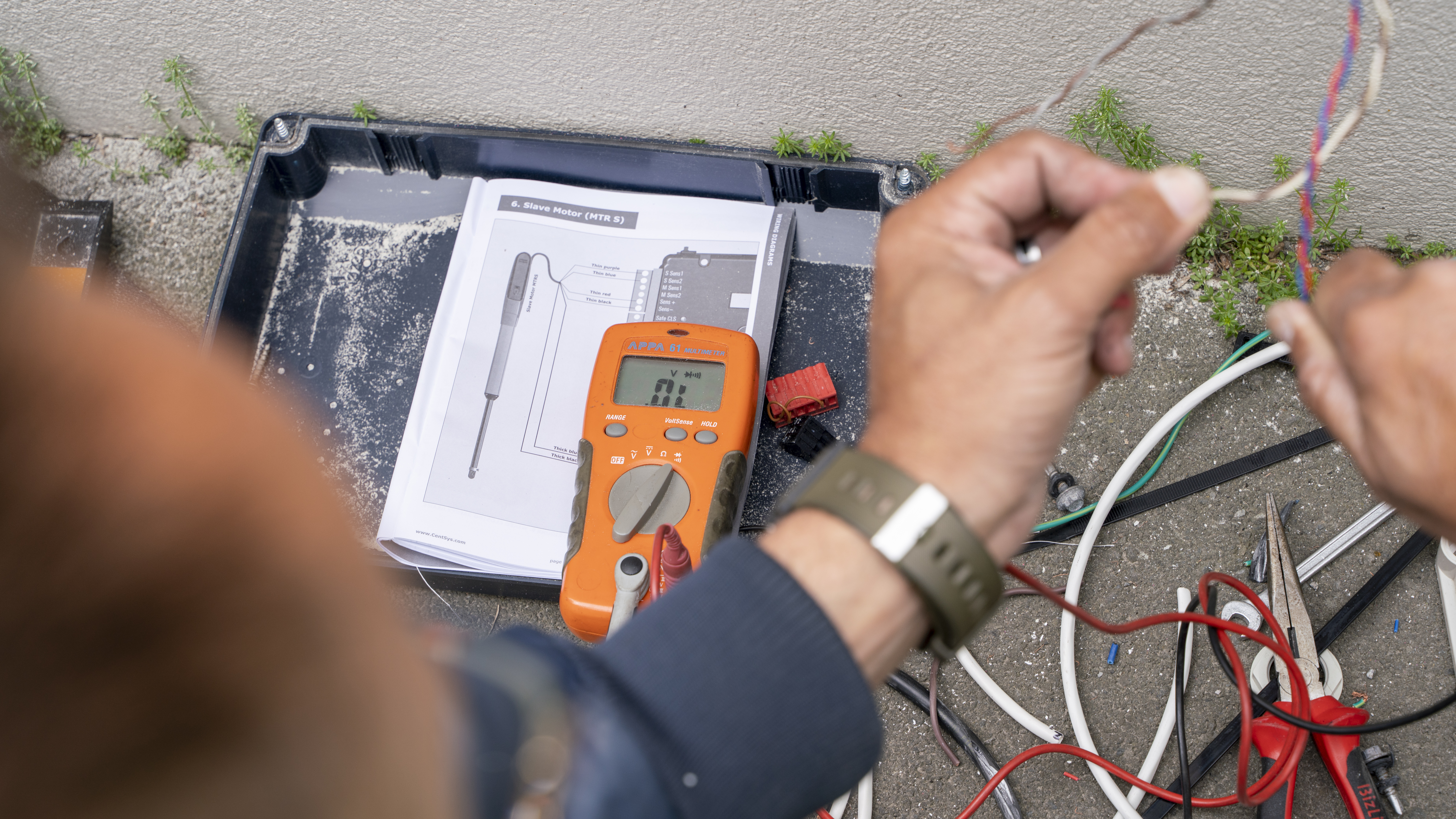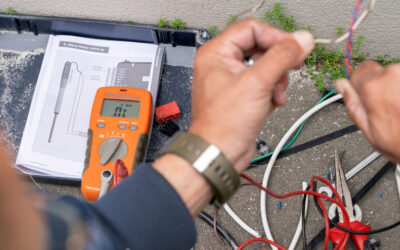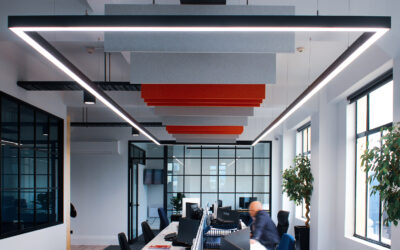By Lou Cooper
Paperwork. The very mention of it sends shudders down the spine of most people as days are imagined away by endless stacks of admin, when you’d rather be doing the job you love.
When I consider the construction industry, I see a heap of opportunities that could eliminate the burden of dreaded admin and paperwork – and while you might think it starts with technology, I think it comes down to a change in thinking.
For many, a love of their craft or seeing something built from the ground up, means every spare minute is dedicated to making this a reality; leaving little time to grease the wheels that could enable faster payments.
Although the Glovebox Tradie years may have started to fade, there is still (in some camps) a resistance to onboarding technology into the business. For some it’s simply a case of time – time to learn and adapt. For others it’s more a fondness for doing things the old way.
Here’s a few reasons why your organisation should be embracing technology.
You could get paid faster
Whether you’re a sole trader or owner of a large construction firm, cash flow is always a problem when you’re relying on different people across multiple contracts to pay your bills. By tapping into tech, you can track invoices, payment cycles, keep accurate records and more. You can take photos of purchase orders and packing slips for reimbursement and upload them in an instant, making the scramble for all your receipts at the end of the month a thing of the past.
It will make your life easier
When you’re immersed in a job and facing a deadline, the idea of taking time out to do the necessary but boring stuff, can become a stone in your shoe. You know it’s there and you keep putting it off, shaking doesn’t help and you’re getting more and more annoyed. By utilising different software and taking the time to get to know it, what clocks up to a day or two in the office rifling through a mountain of paperwork, becomes as easy as tapping on your phone or laptop for 15 minutes a day or less. Embrace bite size chunks of admin instead of putting it off.
Keeping up with the code
Compliance and documentation are crucial in 2021. Make life easier for you and your employees by offering apps or software that makes it a breeze for them to document their day. Clocking in and out of jobs, uploading photos of work or issues, items that can be used for compliance or legislative purposes, or filing receipts. You may need to consider jobs that have a significant public liability, or need to meet the health & safety obligations of contractors and sub-contractors. The more people on your payroll, the more tools you need in your toolkit to track, document and file.
Payroll and people management
Most software now integrates into a wider ecosystem of apps, which enables your employees to keep a real-time record of their time on jobs and quickly translate into billing for clients. This makes it easy to see which days people have been on holiday, off sick or drafted to another site, without relying on a hazy memory. You or your accounts team can use automated prompts for timesheets to save you time chasing them!
Manage client expectations
Every client you work with will operate differently. Some may like every process or procedure captured and this could impact when you get paid. If photos or documentation is required when billing and you don’t have your ducks in a row, you could miss that billing cycle – it pays to ensure you’re up to speed and not scrambling around for timesheets and billable hours from your team. It also prevents confusion, or the endless back and forth to clarify a line item by the QS.
Health and safety
Legislation and health and safety is part of everyone’s lives, particularly so in construction. Accountability is crucial and keeping records could turn out to be important later down the line. In the worst case scenario and there is a serious accident, you have recorded the work you did, the processes you followed, the when and where. We have to change our mindset when it comes to doing a job – it’s not a case of picking up a hammer or a drill and job done; the paperwork, site safety and client comms are the bookends to your day. If you have a team, you have an obligation as an employer to keep them safe – technology isn’t always going to solve that, but it is an important cog in the machine.
Count the cost (benefits!)
The adoption of centralised systems to streamline processes will only continue to grow – get on board with tech now and show your next client how easy you are to work with. It’s not just about doing a great job on the tools, but having the confidence to adapt to any client software you might need to use in the future. At Vision Systems we engaged a local kiwi developer to build a portal that housed all the different paperwork in the right place and even reciprocated for clients. We could begin to automate the health and safety aspects to grade the risk of a job. Critical job information – hours, materials, plans, contact on job, etc. Everything a client needed to see was in one place in real time, including feedback. This was the right solution for us and our customers, and it was a steep learning curve – but it was the smart thing to do. Not everyone needs a portal like this, it could just be a platform for invoices – but it’s a great place to start.
Get started by considering all the paperwork you’re doing manually or the tasks you dislike, and search for a solution online. Once you’ve found something, you’ll wonder why you didn’t do it sooner.





